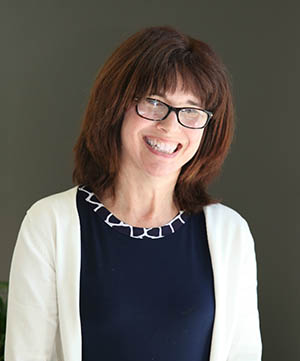
Warriors in the Community is a radio segment that features short, insightful interviews with key figures from Wayne State University about the many ways in which the university and its programs make a positive impact on the metro area and on the lives of Detroiters.
In our latest episode, we talk with School of Medicine professor Deborah Ellis, Ph.D., director of the Division of Behavioral Sciences and professor of Family Medicine and Public Health Sciences in Wayne State’s School of Medicine, about her critical research centered on battling diabetes in Black youth. Earlier this year, Ellis received a $3 million award from the National Institute on Minority Health and Health Disparities of the National Institutes of Health to develop an intervention aimed at improving health outcomes in Black youth with type 1 diabetes. In type 1 diabetes (T1D) – also known as juvenile diabetes – the body does not produce insulin. Rates of diagnosis of T1D are rising faster among Black youth than white youth.
Announcer: This is Warriors in the Community, brought to you by Wayne State University. And now, to learn about how Wayne State is positively impacting our communities, here's Darell Dawsey.
Darrell Dawsey: Today, I'm with Dr. Deborah Ellis, professor of family medicine and public health sciences in the Wayne State University School of Medicine.
She's here today to discuss her very important work in the area of diabetes among black youth. Welcome, Deborah.
Deborah Ellis: Thank you. One of the things that's really interesting is

that black youth actually make up the smallest proportion of youth with type 1 diabetes, about 10%. But, When it comes to Black youth with type 1 diabetes, they're much more likely to have blood sugars that run high all the time.
And when that happens for diabetes, that means that you face much higher risk of complications later in life. So those would be the things that we really don't like to see. You know, facing problems with kidney failure or blindness or amputations. Another thing that's important to me, because I'm a psychologist, is that Black youth with type 1 diabetes are much more likely to have diabetes distress.
So that's the emotional burden of living with diabetes. And then similarly, when it comes to parents, we know that black parents of children with type one diabetes are much more likely to report diabetes distress themselves.
Darrell Dawsey: You've recently secured a grant to develop an intervention.
Deborah Ellis: One of the things that parents of children with diabetes often tell us is the teenage years are a challenging time.
And that's because when children are young. The parent is the one who's doing the care, giving the child their insulin or, you know, monitoring their blood sugar levels. But as children become older, of course, the parent has to transition the care to the young person. Our intervention is focused on giving parents brief parenting advice, about how to walk that line and, you know, achieve that balance.
Darrell Dawsey: Dr. Deborah Ellis, thank you so much for joining us. And of course, thank you so much for the important work that you do in our community.
Deborah Ellis: Thank you.
Announcer: This has been Warriors in the Community. For more Wayne State news, please visit us online at today.wayne. edu slash WWJ and join us here next Monday at the same time for more Warriors in the Community.
